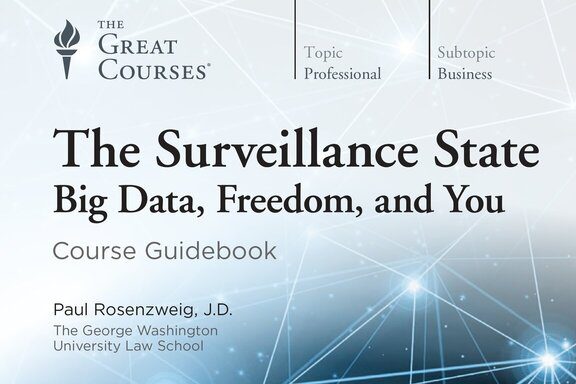As the area of our knowledge grows, so too does the perimeter of our ignorance.
Neil is, best known as the director of New York’s Hayden Planetarium and an astrophysicist at the American Museum of Natural History. Between his decade writing a column for Natural History magazine, bestselling books (including 2017’s Astrophysics for People in a Hurry), his podcast and TV show StarTalk, his many television and radio appearances, and his nearly 14 million Twitter followers, he’s become perhaps the world’s most recognizable living scientist. He’s a Carl Sagan for the 21st century but with an even wider reach.
Neil has said repeatedly that more important than the general public recognizing the names of individual scientists—his included—is a basic level of science literacy. These cultural appearances are part of his effort to spread that literacy and infectious curiosity to a wider audience.
While Neil is dedicated to facts, rigor, and objective truth, he’s not divorced from other aspects of the human experience; he recognizes that not everything about our lives is purely rational. (For example, he notes that art is a vital and fundamental expression of what it is to be human but it doesn’t need to be anchored in scientific truths.)
Science literacy is not so much about what you know, but about how your brain is wired for thought, how your brain is wired to ask questions.
Here are my favorite takeaways from viewing
The psychological state of Pareidolia Does a three-pronged socket remind you of a face? Ever seen a man in the Moon or an animal sketched out by the stars in the sky? If so, you’ve experienced pareidolia, or the tendency to find specific images in random patterns. Quantum Physics Albert Einsteins Theory of Relativity The Cosmic Perspective Thinking—real thinking—is not about acquiring a ton of stray facts that make you a winning Jeopardy contestant. It’s about learning to problem-solve and think creatively. Objective Truth Mathematicians and logicians prove things. Scientists test ideas . “You can argue all you want. But if nature doesn’t agree with you, you’re wrong.” Turning a hypothesis into a theory The Value of Scepticism “Extraordinary claims require extraordinary evidence.” – Carl Sagan Further Reading: MasterClass is a streaming platform that makes it possible for anyone to learn from the very best. MasterClass is an online membership – accessible on your phone, web, Apple TV, Roku devices, and Amazon Fire TV – that offers classes on a wide variety of topics taught by 85+ world-class masters at the top of their fields. Their immersive learning experiences combine incredible video content, downloadable materials, and social interaction with the MasterClass community, all of which users can explore at their own pace. The annual membership is available for $180 USD, which allows unlimited access to ALL on demand MasterClass content for the year Neil deGrasse Tyson Teaches Scientific Thinking Give One Annual Membership. Get One Free. All the best in your quest to get better. Don’t Settle: Live with Passion. For More Information: MasterClass Home Page





Comments are closed.